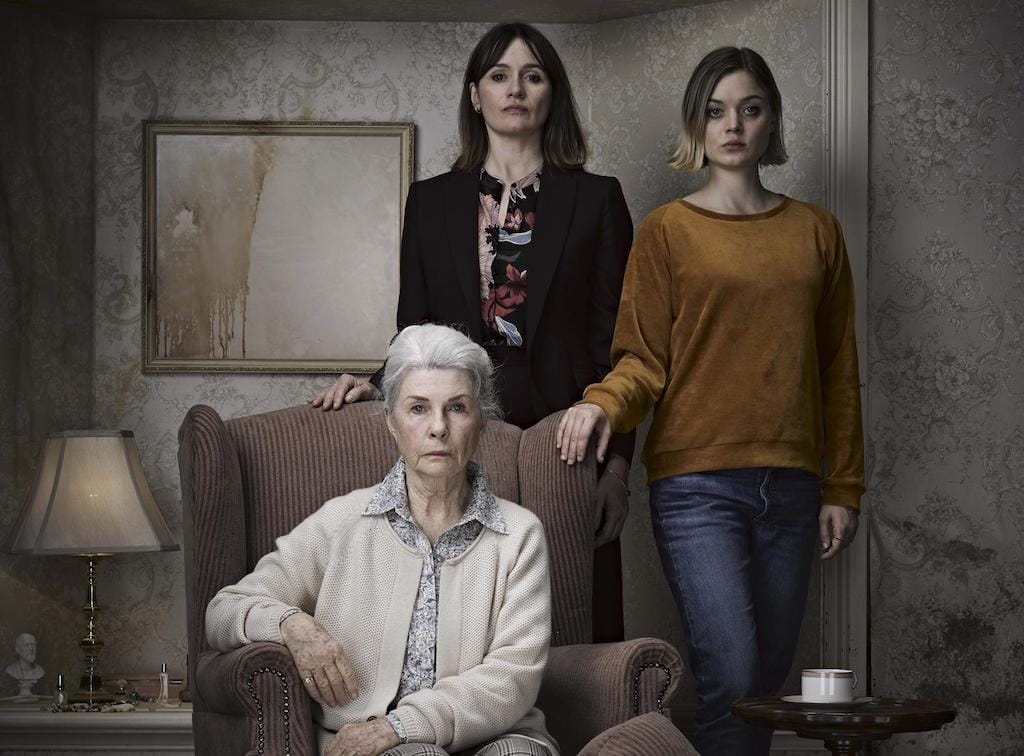Summary
NZIFF 2020 – Kubrick By Kubrick REVIEW
Director – Gregory Monro
Finally, writes GARY STEEL, a film that comprehensively engages with the astonishing filmic legacy of Stanley Kubrick, more or less from the horse’s mouth.

It’d take a brave (and possibly foolish) documentarian to attempt a critical assessment of Stanley Kubrick’s life and work, given the controversy that still surrounds this auteur giant and the awe in which he’s still held nearly 20 years after his death.
Just as well, then, that Kubrick By Kubrick isn’t that film. Highly competent rather than inspired, in many ways this short (70 minute) tribute is rather ordinary. But then who wants to be dazzled by an innovative approach to a film about an innovative director? Instead, the rather prosaic way in which its recordings and interviews and clips are edited together invites the viewer to concentrate on the subject.
And what a subject. Although Kubrick was anything but prolific, and several of his films are flawed, they’re also unforgettable. Had he only squeezed out the terrific trio of 2001: A Space Odyssey, A Clockwork Orange and The Shining, he’d have gone down as one of the most important film directors of the 20th Century. So what does Kubrick On Kubrick do to shine a light on this elusive character and his art?

The ace up its sleeve are the career-spanning audio interviews Kubrick conducted with French journalist, Michel Ciment. This might not sound like much, but the director rarely gave interviews, and (as he explains here) he didn’t feel that his explanations would add any special understanding or context to his films. The interviews – which are interspersed throughout the film with footage from the movies and interviews with associates and those who acted in his films – is a rare opportunity to hear Kubrick speaking. His answers are fairly straightforward and even humble, and it’s almost weird to hear this genius being so normal. Many of the genuine insights, however, come from the other participants.
We learn that Kubrick was intensely private and pretty much stuck to his English mansion, even receiving actor audition videotapes rather than seeing them in person, and choosing to shoot films in a nearby studio rather than venturing to far-flung locations. We’re told that he even edited the movies at home.

But it seems that aside from this peculiar introversion, his ideas if not methods were fairly conventional. He wasn’t making avant-garde films. Instead, he employed the typical obsessional methodologies of megalomaniac directors by torturing his actors with hundreds of takes to squeeze out that special something.
Actor Malcolm McDowell (interviewed shortly after A Clockwork Orange had been banned in the UK) explains how Kubrick would intentionally leave the details loose so that the actors would be forced to improvise, a perspective that seems to go against the idea of a highly disciplined technician/artist, but casts light on his multidimensionality.
Kubrick certainly had an uncanny ability to choose fascinating subjects and dive into them headfirst, producing films that went far beyond their core material. Perhaps because of his personal isolation from Hollywood and the scene, his films seem oddly ageless and still resonate all these years later. Kubrick On Kubrick, while utilizing perhaps too many formulaic techniques, does effectively convey the film director’s importance and enduring artistic legacy.

* Kubrick On Kubrick is available to watch online as part of the New Zealand International Film Festival from Tuesday July 28 until August 3.
Check out Witchdoctor’s New Zealand International Film Festival reviews:
Leap Of Faith: William Friedkin On The Exorcist
Jesus Shows You The Way To The Highway















